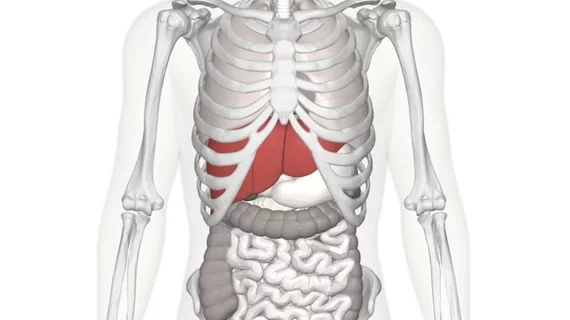IBM Watson, Guerbet to develop AI imaging tool to help liver cancer diagnostics
IBM Watson Health and medical imaging contrast agent company Guerbet have entered a strategic partnership to develop artificial intelligence (AI) software to support liver cancer diagnostics and care by utilizing CT and MRI technology.
The collaboration will have Guerbet and IBM Watson Health co-develop clinical decision support solutions including Watson Imaging Care Advisor for Liver, a diagnostic support tool that will utilize AI to automate the detection, staging, tracking, monitoring, therapy prediction and response of primary and second liver cancer for clinicians, according to a Guerbet press release published July 10.
“Imaging is a critical area of healthcare where we believe artificial intelligence can be used to expand the physician’s view so they can be more informed in their diagnostic and treatment decisions for their patients," said Anne Le Grand, vice president of imaging at IBM Watson Health.
Powered by IBM Watson image analytics, the tool is said to be compatible with most PACS systems to ensure easy integration into clinical workflows, according to the release.
"Liver cancer is a growing health concern globally and the use of augmented intelligence by medical imaging is well positioned to help address it," said Yves L’Epine, CEO of Guerbet’s, in a prepared statement. "We are proud to work with IBM Watson Health to develop a solution dedicated to liver disease, which could help make it possible for clinicians to make more informed characterizations of tissue without recourse to biopsy."

